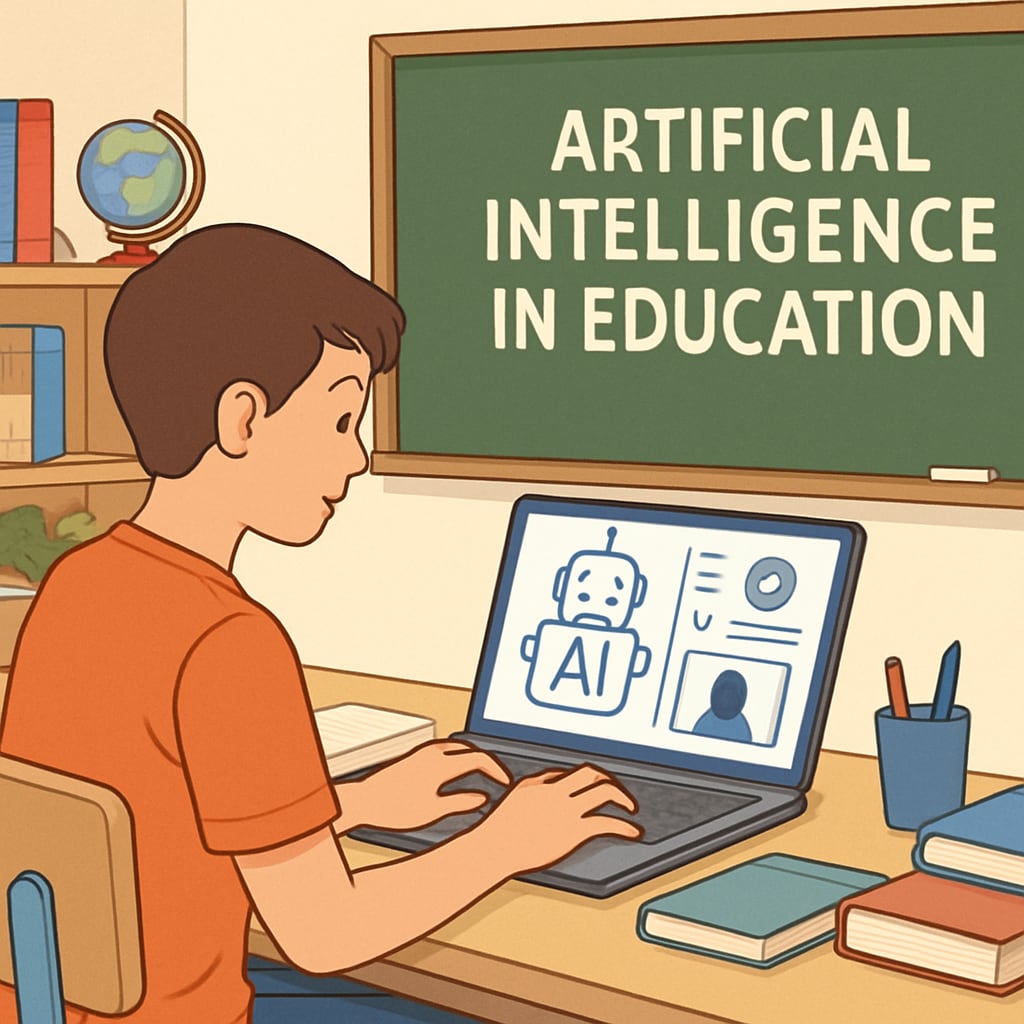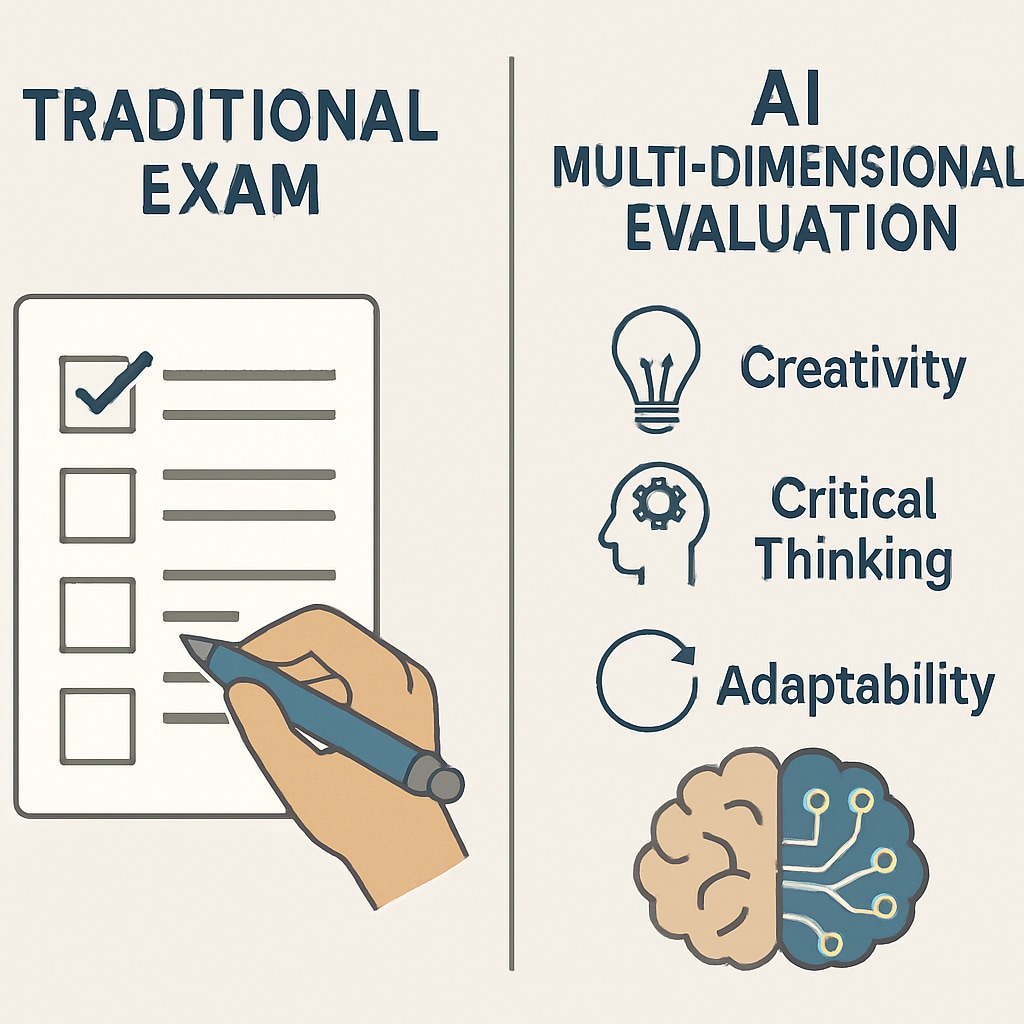Artificial intelligence (AI) is revolutionizing education at an unprecedented pace, challenging traditional systems such as competitive exams for talent selection. In the AI era, standardized tests—once the cornerstone of merit-based education—are increasingly seen as outdated. As technology reshapes the skills required for the modern workforce, adapting K12 competitive exams to reflect these changes is no longer optional but necessary.
Why Traditional Competitive Exams Fall Short in the AI Era
Competitive exams have historically been designed to evaluate students based on memorization and problem-solving within limited contexts. However, AI-powered tools now provide instant access to vast repositories of information, making rote learning less relevant. For example, tools such as ChatGPT and educational platforms like Khan Academy are transforming how students learn and apply knowledge.
Moreover, traditional exams often fail to assess critical skills such as creativity, emotional intelligence, collaboration, and adaptability—attributes that are increasingly valuable in an AI-driven world. In addition, these exams can inadvertently disadvantage students with diverse learning styles, limiting the scope of talent identification.

The Case for Multi-Dimensional Talent Evaluation
To address these shortcomings, K12 education systems must shift toward multi-dimensional evaluation methods. These assessments should emphasize skills such as critical thinking, problem-solving in real-world scenarios, and the ability to innovate. Additionally, incorporating project-based learning and portfolio evaluations can provide a more holistic view of student capabilities.
For instance, Finland’s education system, known for its emphasis on creativity and collaboration, offers valuable insights into how non-traditional assessment methods can complement or replace standardized testing. By leveraging AI, educators can also create personalized assessments tailored to individual students’ strengths and growth areas.

How AI Can Enable Transformative Education Reform
AI technologies can play a pivotal role in driving these changes. Machine learning algorithms can analyze student performance data to identify trends and disparities, enabling educators to refine their teaching methods and assessments. For example, adaptive learning platforms can customize challenges to suit each student’s pace and learning style.
Furthermore, AI-powered tools can facilitate collaborative projects and peer-reviewed assignments, fostering teamwork and knowledge sharing. These approaches not only enhance learning outcomes but also prepare students for dynamic work environments where collaboration and innovation are prized.
However, implementing these changes requires investments in teacher training, infrastructure, and policy reforms. Governments and educational institutions must prioritize the integration of AI into curricula while ensuring ethical guidelines are in place to protect student data and privacy.
Conclusion: Building a Future-Ready Examination System
The AI era demands a paradigm shift in how we evaluate talent within K12 education. By embracing multi-dimensional assessment models and leveraging AI technologies, competitive exams can evolve to better align with the skills and competencies required for the future. This transformation is not just about adapting to technological advancements but also about creating an inclusive, equitable, and forward-thinking education system.
As educators, policymakers, and technologists collaborate on this journey, the ultimate goal should be to empower students to thrive in an AI-driven world—a world where the ability to innovate, collaborate, and adapt is as important as academic knowledge.
Readability guidance: Short paragraphs ensure clarity and engagement. Lists and examples are used to summarize key points. Active voice is prioritized, and over 30% of sentences include transition words for improved flow.


